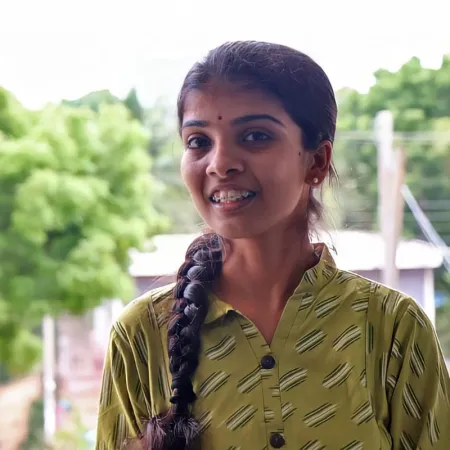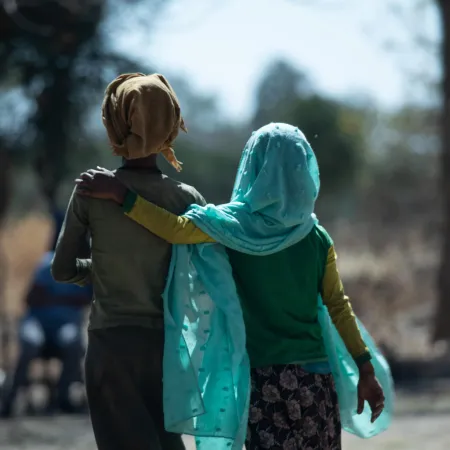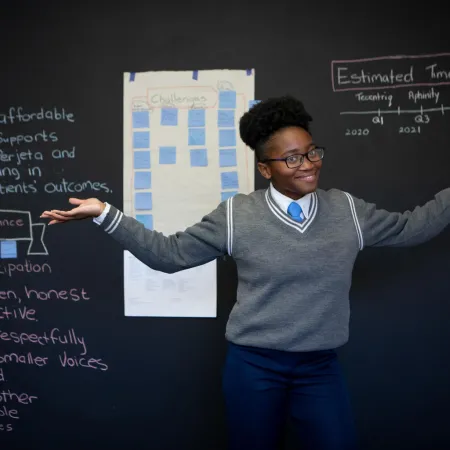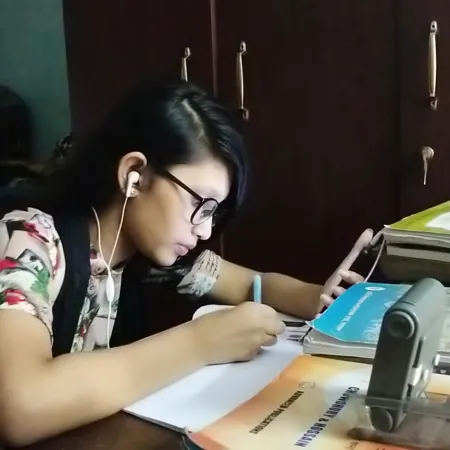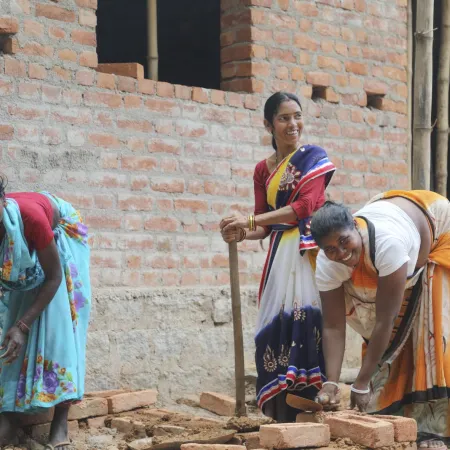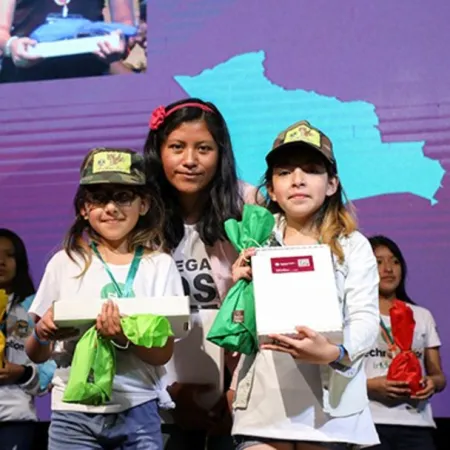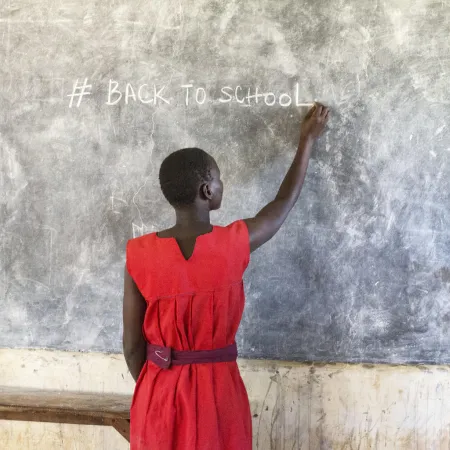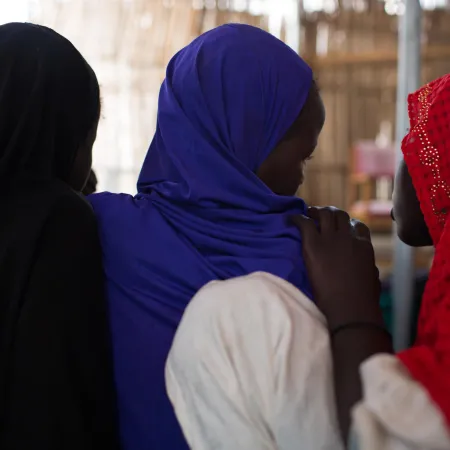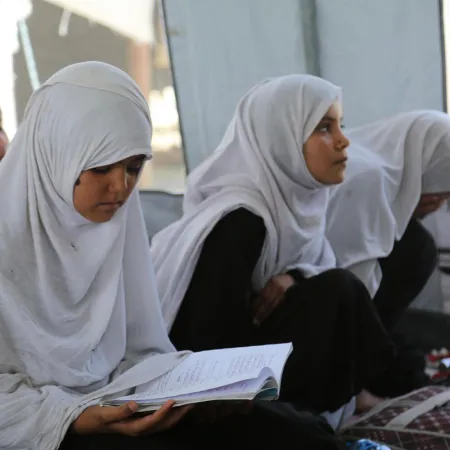Tech Trailblazers: Dismantling the Rural-Urban Divide
In France, boys are more than twice as likely to graduate in STEM subjects than girls, and nearly four times as likely to be employed as Information and Communications Technology (ICT) specialists, according to the European Commission’s 2020 Women in Digital Scoreboard. Houda, a computer science student is working to change up this dynamic.


